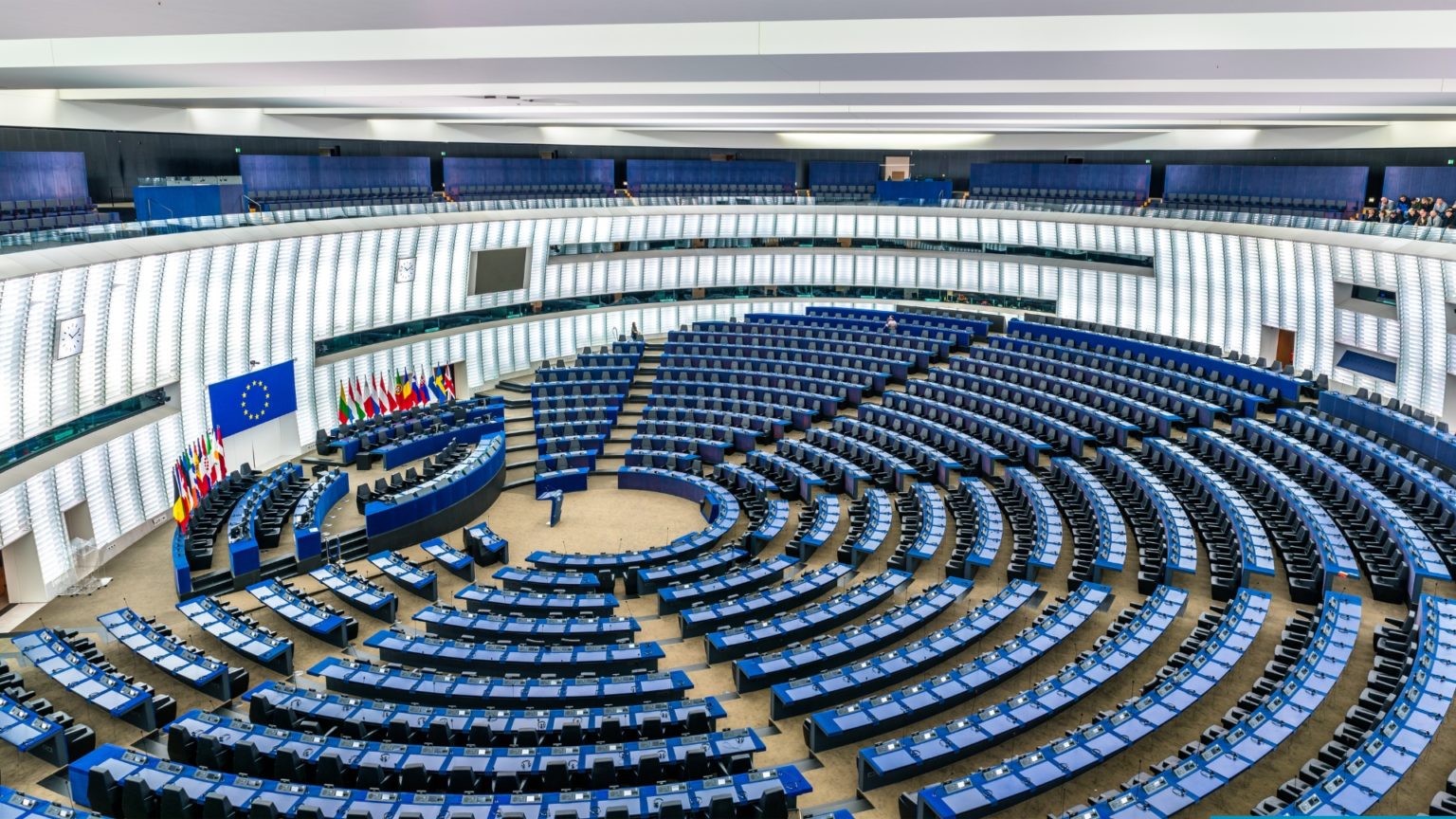Brussels (Belgium) | 8 July
The European Association of Motorcycle Manufacturers (ACEM) welcomes the vote by the European Parliament’s Internal Market and Consumer Protection (IMCO) and Environment, Public Health and Food Safety (ENVI) committees on the compromise amendments to the proposed End-of-Life Vehicles (ELV) Regulation.
For the first time, motorcycles and other L-category vehicles are included in the EU framework for End-of-Life Vehicles. This marks a significant milestone in aligning the sector with circular economy principles and ensuring consistent treatment across vehicle categories.
The compromise amendments adopted by the committees reflect ACEM’s key advocacy priorities. All L-category vehicles, including L1e and L2e types, would now be within the scope of the regulation, helping to prevent market fragmentation and ensure regulatory coherence. The 60-month implementation period proposed by the European Commission has been maintained, providing manufacturers with the necessary time to adapt processes and systems in line with the new requirements.
The text also ensures that small series motorcycles are excluded from the regulation, offering important protections for small and medium-sized enterprises and preserving innovation and competitiveness within the sector. Design requirements have been adjusted to mandate that vehicles allow for easy removal of parts and components, with provisions for reuse, recycling, remanufacturing, and refurbishing where technically feasible.
ACEM also welcomes the extended scope of the regulation to include additional provisions that contribute to improving regulatory coherence and lead to a more comprehensive framework, maximising environmental benefits across the motorcycle lifecycle.
Importantly, the adopted amendments address key industry concerns while maintaining environmental ambitions. Notably, the regulation focuses on the safe removal of batteries and battery packs rather than disassembly at the cell level, thereby respecting both safety considerations and technical realities. Furthermore, it includes provisions to prevent manufacturers from impeding the removal of parts through software updates, while ensuring that necessary cybersecurity protections remain in place.
The European Parliament is expected to confirm the committees’ position during its plenary session scheduled for 8–11 September 2025. ACEM will continue to engage with co-legislators to ensure that the final regulation supports the specificities of the motorcycle sector while contributing to the EU’s wider environmental goals.
The L-category vehicle industry supports approximately 300,000 jobs across Europe, with more than 35 million vehicles currently in use. This development reinforces the role of the sector in the EU’s green transition and its contribution to building a more circular economy.
QUOTE:
Francesco Fenoglio, ACEM Public Affairs Officer, stated: “This vote represents a milestone for our industry’s sustainability journey. The inclusion of motorcycles in the ELV Regulation aligns perfectly with our Vision 2030+ commitments and demonstrates the motorcycle industry’s dedication to circular economy principles.”
For more information, please contact:
Francesco Fenoglio
+32 478 39 32 01
About ACEM
The European Association of Motorcycle Manufacturers (ACEM) represents manufacturers of mopeds, motorcycles, three-wheelers and quadricycles (L-category vehicles) in Europe.
ACEM members include 17 manufacturing companies: BMW Motorrad, Bombardier Recreational Products (BRP), Ducati Motor holding, Harley-Davidson, Honda, Kawasaki, KTM, KYMCO, MV Agusta, Peugeot Motocycles Group, Piaggio, Polaris Industries, Royal Enfield, Suzuki, Triumph Motorcycles, Yamaha and Zero Motorcycles.
ACEM also represents 19 motorcycle industry associations in 17 different European countries. About 300,000 jobs depend on the L-category industry in Europe. There are more than 39 million motorcycles and scooters on Europe’s roads (2019 estimate)



